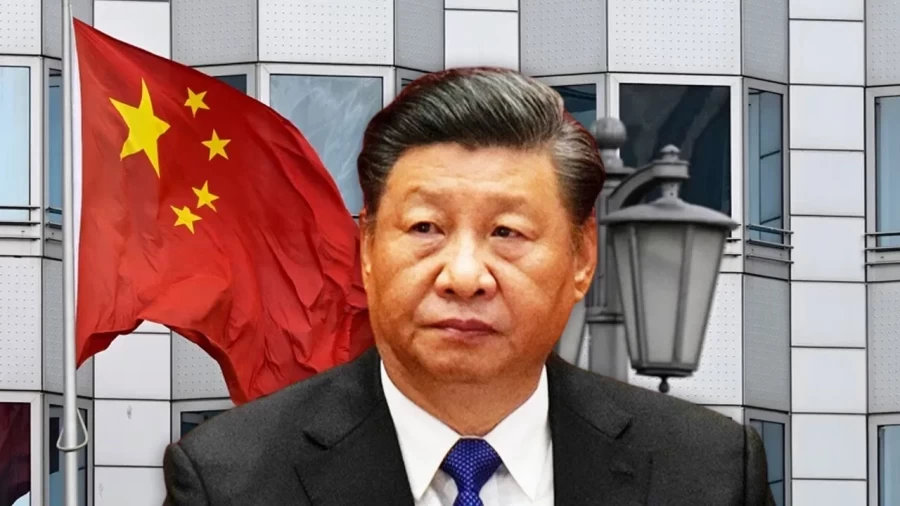China News: Chinese President Xi Jinping has been completely missing from public life for the past two weeks. No speech, no photo, and no participation in any official event. Now that it is clear that he will not even attend the BRICS conference to be held in Brazil, the question has become more profound whether there is going to be a major change in power in China?
Xi's absence and the silence of the Chinese Communist Party (CPC) have fueled speculation. If Xi Jinping's power is really weakening, then who will be the next leader? Let's know the names that are most discussed in Beijing's power circles at the moment.
Possible successor
Li Keqiang: Prime Minister and Jinping's most trusted
Li Keqiang was appointed the Prime Minister of China in 2023. He has long been considered close to Xi Jinping. His strict administrative attitude during the COVID lockdown in Shanghai took him to new heights of leadership. Recently, he represented China at international forums such as the G20, indicating that the party is willing to make him the international face. However, his loyalty to Xi may hinder him from establishing himself as an independent leader.
General Zhang Youxia: Potential successor in the military
General Zhang Youxia, first vice president of the Central Military Commission (CMC), is the most powerful man in the People's Liberation Army (PLA) after Xi. According to recent reports, his role in military decisions has increased in Xi's absence. He has the support of former President Hu Jintao's faction, which makes him a strong contender. His grip and experience over the military make him a serious candidate for power, especially if the power struggle within the party depends on military support.
Zhao Leji: Constitutional grip and administrative experience
Zhao Leji, a senior member of the Politburo Standing Committee, has previously headed China's anti-corruption campaign. He currently oversees legal and legislative affairs. Within the party, he is seen as a sensible and balanced leader who can unite various factions. This ability makes him a strong contender for power, especially if the party prioritises stability.
Wang Huning: The architect of party ideology
Wang Huning is considered the think tank of the Chinese Communist Party. He has worked with three presidents—Jiang Zemin, Hu Jintao and Xi Jinping—and played a key role in crafting ideologies such as Xi Jinping Thought. Though he lacks administrative experience, his ideological expertise and kingmaker role make him important in the power game. He may prefer to exert influence from behind the scenes rather than direct leadership.
Ding Xuexiang: Jinping's closest aide
Ding Xuexiang, who has been Xi Jinping's chief of staff, is one of the few leaders to reach the highest echelons of the party without provincial governance experience. His political stature rests entirely on Xi's trust. If Xi Jinping's choice prevails and there is a sudden reshuffle in the party, Ding could be a key contender. However, his dependence on Xi could undermine his independent image.
Is there a stir at China's power centre?
Xi Jinping's absence from public for two weeks and his absence from an important forum like the BRICS is no coincidence. The sackings in the military, emerging rifts within the party, and talks of ideological shifts in recent months point to something big happening in Chinese politics. The Chinese Communist Party's silence has fuelled these speculations.
However, it is also possible that Xi Jinping's absence could be due to health problems or personal matters. But the timing and context of his absence—particularly the BRICS summit and recent changes in the military—suggest that power equations are changing in Beijing. If Xi’s power weakens, the next leader will not only influence China’s domestic policies but could also reshape China’s position on the global stage.


